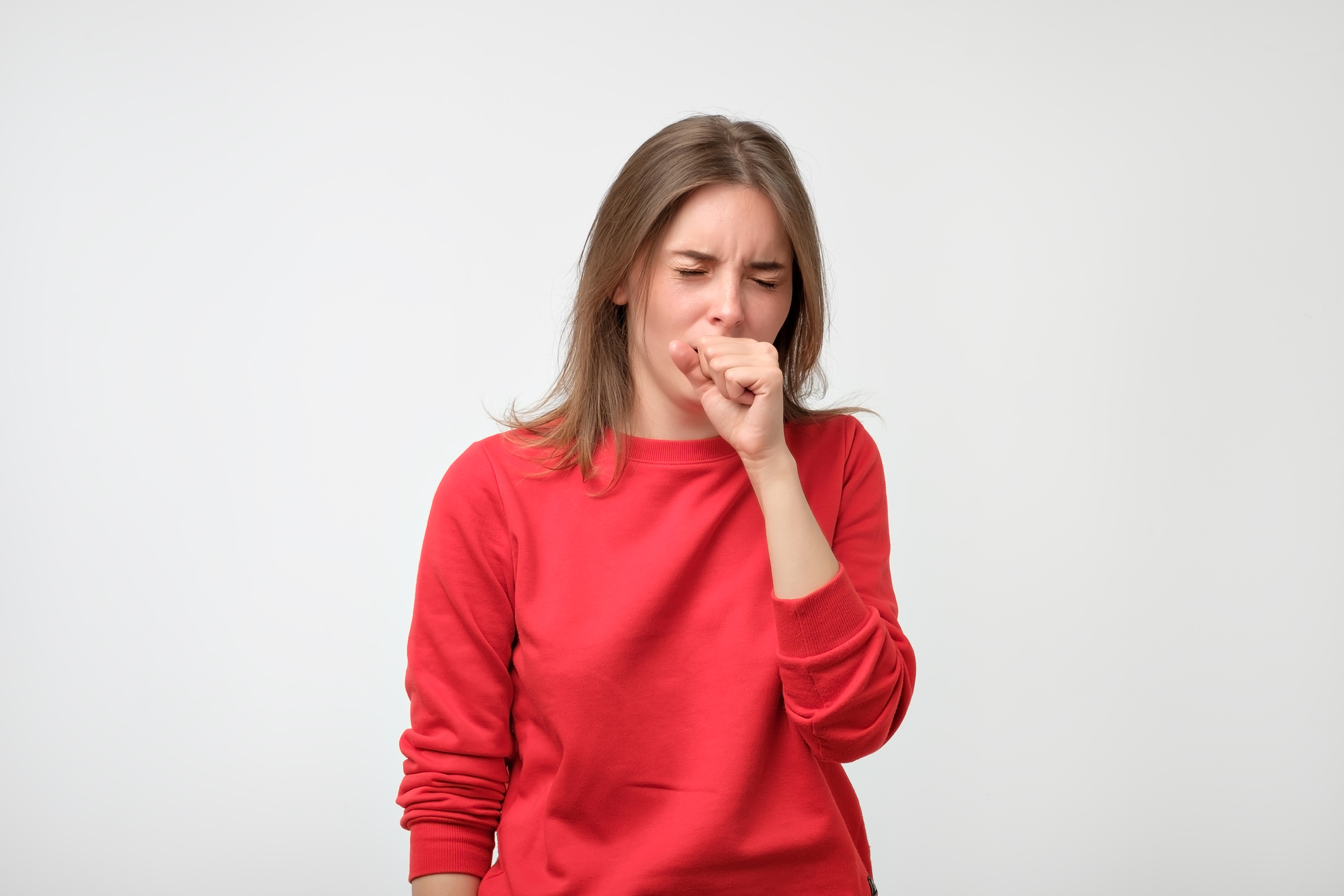Decode Your Itchy Throat: Seasonal Shift or Symptom of Something More?
The sense of itching in the throat is a common sensation that most people experience at some point. It may be felt as a tickling, scratching, or burning sensation. Several potential triggers can lead to an itchy throat, each with its unique cause, symptoms, and treatment. The first way to tackle throat itch is by understanding the underlining factors, which range from allergies to other health conditions.
Allergies are a common culprit causing an itchy throat. During specific seasons, pollen or mold spores can trigger allergic reactions in susceptible individuals. However, allergies aren't always seasonal. Dust mites, pets, or certain foods can also cause allergies, resulting in an itchy throat.
Dryness is another factor to consider. This happens when the moisture level in your throat declines, especially in dry or heated environments. Breathing through your mouth during sleep can also lead to a dry, itchy throat.
Viruses and bacterial infections, such as cold and flu, can also lead to an itchy throat. Other symptoms might include fever, cough, and runny nose. In the case of bacterial infections like strep throat, the itchiness may intensify, pairing with throat pain.
Interplay of Environment and Itchy Throat

Your environment plays a significant role in the development of an itchy throat. Understanding this aspect can help you mitigate the problem significantly. Seasonal shifts, including the transition from autumn to winter or spring to summer, bring a change in climate that may cause throat itchiness.
A drop in humidity during autumn and winter seasons can lead to the air becoming dry, which can cause an itchy throat and dry skin. Use of heaters in cold months can further exacerbate the dryness, resulting in a scratchy throat.
In contrast, during spring and summer, pollen levels surge, leading to hay fever in allergy-prone individuals. This seasonal allergic condition often comes with an itchy throat, sneezing, and runny nose.
Air pollution is another significant factor. Exposure to pollutants and irritants, such as smoke, dust, and chemicals, can cause a persistent itchy throat.
Digging Deeper: Medical Conditions

Certain medical conditions can also prompt an itchy throat. These include gastroesophageal reflux disease (GERD), postnasal drip, and tonsillitis.
GERD is a chronic digestive disorder where stomach acids flows back into your esophagus. This can lead to an itchy throat and heartburn.
Postnasal drip refers to the excess mucus flowing from the back of your nose down to the throat, which can lead to itchiness, a cough, and discomfort in the throat.
Tonsillitis is an inflammation of the tonsils which often results in a severe, itchy throat, accompanied by difficulty swallowing and swollen tonsils.
The Psychological Spectrum: Anxiety & Stress

Surprisingly, psychological factors like stress and anxiety can also lead to an itchy throat. When you're under stress, your body tends to react in various ways. Some people manifest symptoms physically and one such manifestation can be an itchy throat.
Also known as "psychogenic itching", this reactive itching can occur without any physical cause and can intensify during periods of heightened stress. Therapy, lifestyle adjustments, or medications may be necessitated to address this.
Red Flags: Persistent Itchy Throat

While an itchy throat is often harmless and temporal, it can be a signal of something more serious if it persists. A chronic itchy throat could be a sign of a severe allergy, asthma, or a more serious condition like throat cancer. Long-lasting hoarseness, voice changes, persistent throat pain, trouble swallowing, or unexplained weight loss are all signals you should consult a doctor. Be aware and proactive about your health.
Relief Measures for Itchy Throat

While the course of treatment for an itchy throat depends on the cause, there are common relief measures that can ease the sensation. Drinking plenty of fluids, using a humidifier, gargling with warm salt water, and avoiding potential allergens can provide relief. Over-the-counter medications, such as throat lozenges or allergy medications, may also help. However, medical advice is always recommended when symptoms persist or worsen.